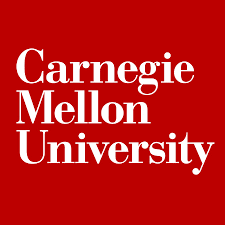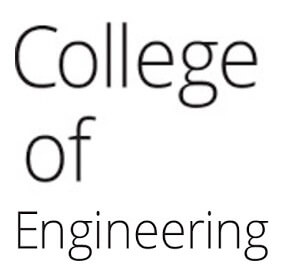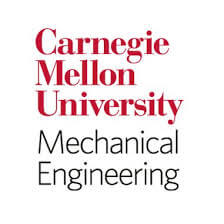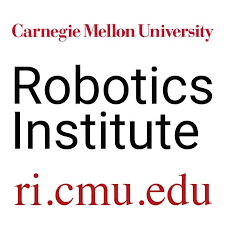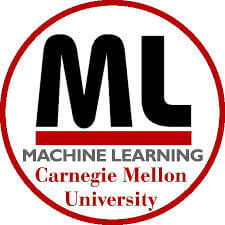| 1 |
Tuesday, Sep 1, 2020 |
1 |
Overview, types of system, state space representation [Slide] |
| 1 |
Thusrday, Sep 3, 2020 |
2 |
State space representation, examples, linearization, solution of CT LTI, expoential of matrix [Slide] |
| 2 |
Tuesday, Sep 8, 2020 |
3 |
Eigen-values/vectors, determinant, linear independence [Slide] |
| 2 |
Thursday, Sep 10, 2020 |
4 |
CH theorem [Slide] |
| 3 |
Tuesday, Sep 15, 2020 |
5 |
Similarity transformation, matrix inverse, diagonalizability [Slide] |
| 3 |
Thursday, Sep 17, 2020 |
6 |
Jordan decomposition, DT-LTI [Slide] |
| 4 |
Tuesday, Sep 22, 2020 |
7 |
Controllability/observability definition, matrix test, solution of linear equations, SVD [Slide] |
| 4 |
Thursday, Sep 24, 2020 |
8 |
PBH test, Jordan form test [Slide] |
| 5 |
Tuesday, Sep 29, 2020 |
9 |
Laplace transformation, transfer function, ss2tf, controllable canonical forms [Slide] |
| 5 |
Thursday, Oct 1, 2020 |
10 |
Observable cononical form,MIMO, kalman decomposition, minimal realization [Slide] |
| 6 |
Tuesday, Oct 6, 2020 |
11 |
Lyapunov stable, stability of Linear Time-Invariant systems [Slide] |
| 6 |
Thursday, Oct 8, 2020 |
12 |
LTV example, stabilizability/detectability, Lyapunov’s Indirect/direct method [Slide] |
| 7 |
Tuesday, Oct 13, 2020 |
13 |
Instability, BIBO, BIBS [Slide] |
| 7 |
Thursday, Oct 15, 2020 |
14 |
Description of the project, PID control, pole placement [Slide] |
| 8 |
Tuesday, Oct 20, 2020 |
15 |
Luenberger observer, separation principle [Slide] |
| 8 |
Thursday, Oct 22, 2020 |
16 |
Mid-term exam |
| 9 |
Tuesday, Oct 27, 2020 |
17 |
Reduced order observer, MIMO poleplacement [Slide] |
| 9 |
Thursday, Oct 29, 2020 |
18 |
Finite-horizon dicrete-time linear quadratic regulator [Slide] |
| 10 |
Tuesday, Nov 3, 2020 |
19 |
MPC, tracking [Slide] |
| 10 |
Thursday, Nov 5, 2020 |
20 |
IH DT LQR [Slide] |
| 11 |
Tuesday, Nov 10, 2020 |
21 |
FH/IH CT LQR [Slide] |
| 11 |
Thursday, Nov 12, 2020 |
22 |
Kalman Filter [Slide] |
| 12 |
Tuesday, Nov 17, 2020 |
23 |
Extended KF, UKF, SLAM [Slide] |
| 12 |
Thursday, Nov 19, 2020 |
24 |
Adaptive control [Slide] |
| 13 |
Tuesday, Nov 24, 2020 |
25 |
Adaptive control [Slide] |
| 13 |
Thursday, Nov 26, 2020 |
|
Thanksgiving Holiday; No Classes |
| 14 |
Tuesday, Dec 1, 2020 |
26 |
Alumni events |
| 14 |
Thursday, Dec 3, 2020 |
27 |
Guest Speaker |
| 15 |
Tuesday, Dec 8, 2020 |
28 |
Application of model-based methods in AIML- an introduction [Slide] |
| 15 |
Thursday, Dec 10, 2020 |
29 |
Review of the whole course, outraduction [Slide] |
